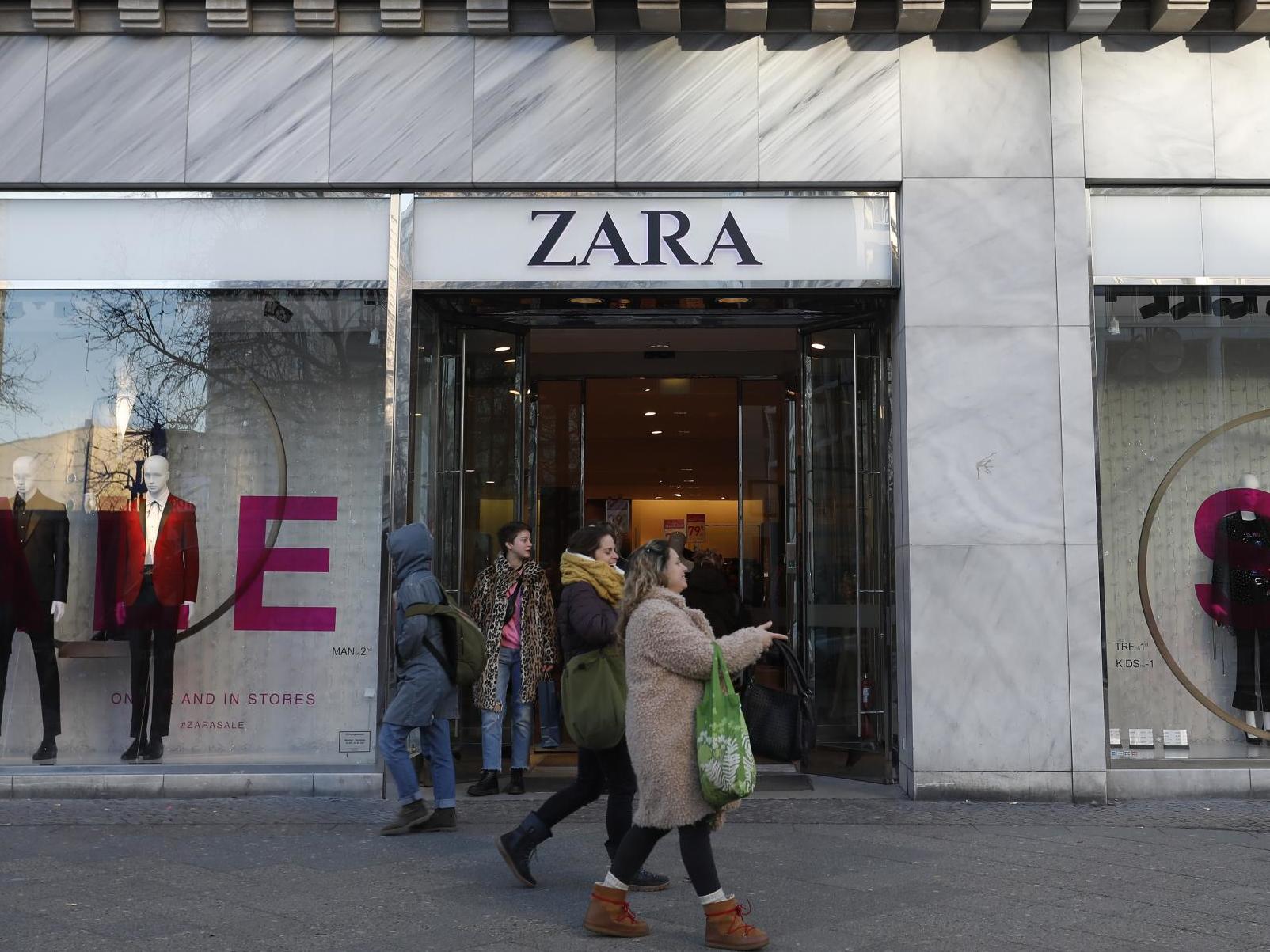Zara owner Inditex to close up to 1,200 fashion stores around the world
Inditex, which also owns Bershka, Pull and Bear and Massimo Dutti, says ‘headcount will remain stable’

Your support helps us to tell the story
From reproductive rights to climate change to Big Tech, The Independent is on the ground when the story is developing. Whether it's investigating the financials of Elon Musk's pro-Trump PAC or producing our latest documentary, 'The A Word', which shines a light on the American women fighting for reproductive rights, we know how important it is to parse out the facts from the messaging.
At such a critical moment in US history, we need reporters on the ground. Your donation allows us to keep sending journalists to speak to both sides of the story.
The Independent is trusted by Americans across the entire political spectrum. And unlike many other quality news outlets, we choose not to lock Americans out of our reporting and analysis with paywalls. We believe quality journalism should be available to everyone, paid for by those who can afford it.
Your support makes all the difference.The owner of Zara is to close between 1,000 and 1,200 retail stores across the globe, outlining a plan to “reinforce all of its brands’ e-commerce capabilities”.
Inditex, a Spanish multinational fashion group, operates more than 7,000 stores worldwide, owning brands including Zara, Zara Home, Massimo Dutti, Bershka, Pull and Bear and Oysho.
In March, the clothing company announced it would be closing 3,785 shops globally after the coronavirus pandemic caused sales to plunge.
Three months later, the firm has released a statement explaining how it plans to boost the online presence of its brands.
However, hundreds of stores will be closed in the process as part of these plans.
“Ultimately, Inditex plans to have a total network of between 6,700 and 6,900 stores, from 7,412 today, which will involve opening 450 new stores fitted with all the latest sales integration technology and absorbing between 1,000 and 1,200 smaller-sized stores,” the company stated.
Inditex explained that these smaller-sized stores “account for 5 per cent to 6 per cent of total sales and are less well positioned to offer the new customer experiences”, adding that the majority of these shops “are older stores belonging to brands other than Zara”.
The company plans on giving “a definitive boost to certain brands’ online sales platforms”, in particular, the Bershka, Pull and Bear and Stradivarius shops located in China and Japan.
In Spain, larger stores will be opened as smaller shops are absorbed, while in the Americas and the rest of Europe, “the priority will be to consolidate the strategy driving full integration of the physical and digital worlds”.
During the first quarter of 2020, between 1 February and 30 April, Inditex saw sales fall by 44 per cent, while 88 per cent of its stores remained closed.
However, the firm also noted a 50 per cent increase in online sales during this period, “specifically increasing by 95 per cent year-on-year in April”.
During the first quarter, the company recorded a net loss of €409m (£366m).
“The company has decided to make a provision of €308 [£276m] million related to the execution of the Plan to boost online and further integrate the store platform,” Inditex stated.
The firm has said that “sales have been recovering gradually” as its stores have been reopened in the second quarter, “with certain markets such as China and South Korea and, in Europe, Germany, standing out”.
Join our commenting forum
Join thought-provoking conversations, follow other Independent readers and see their replies
Comments